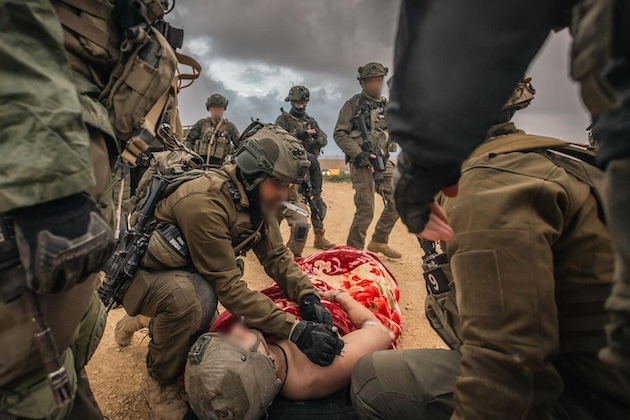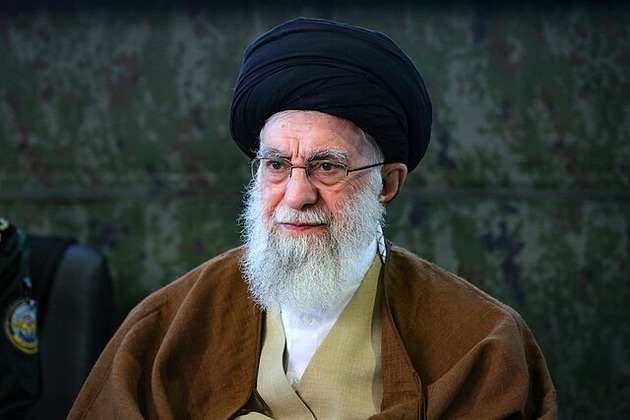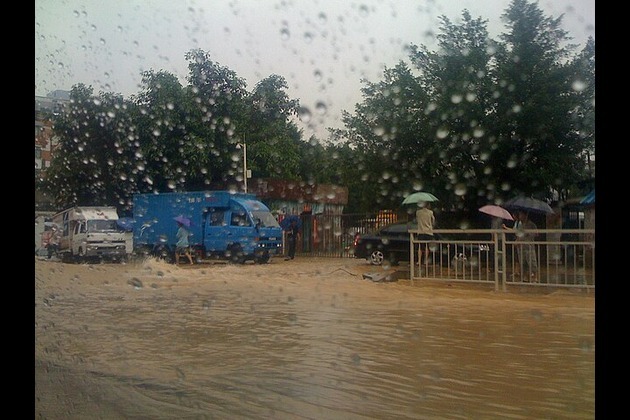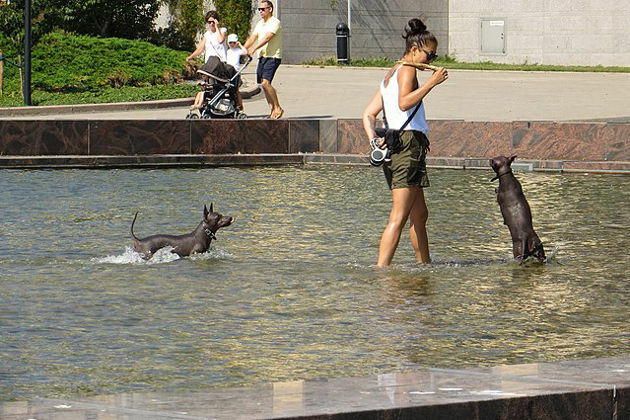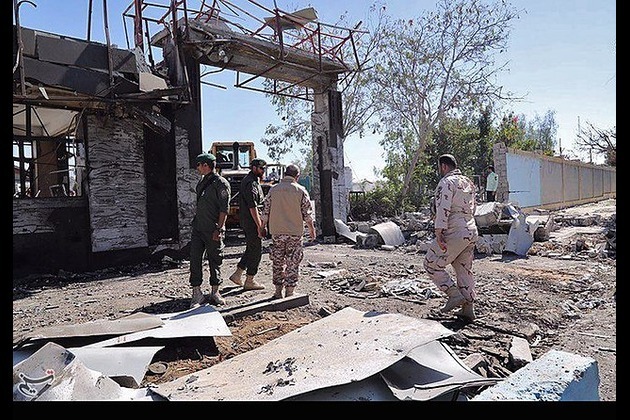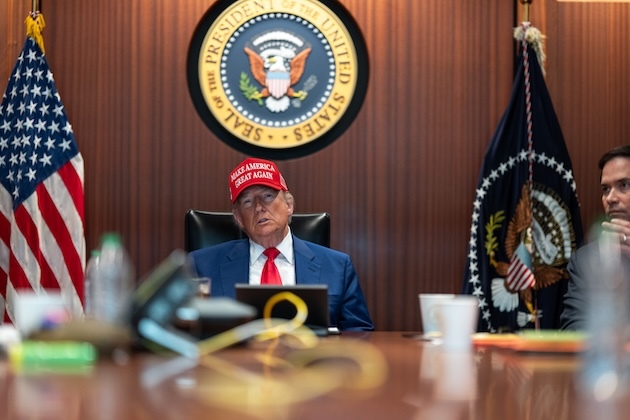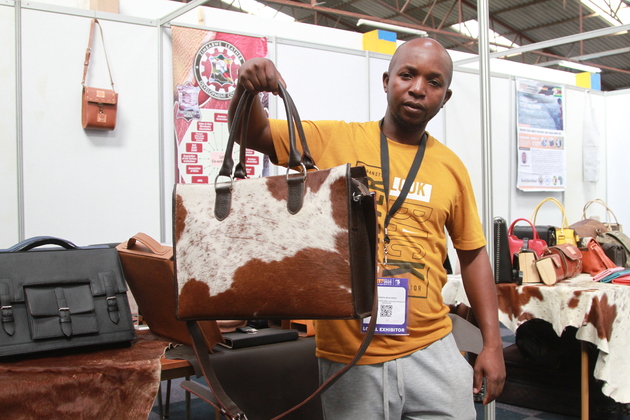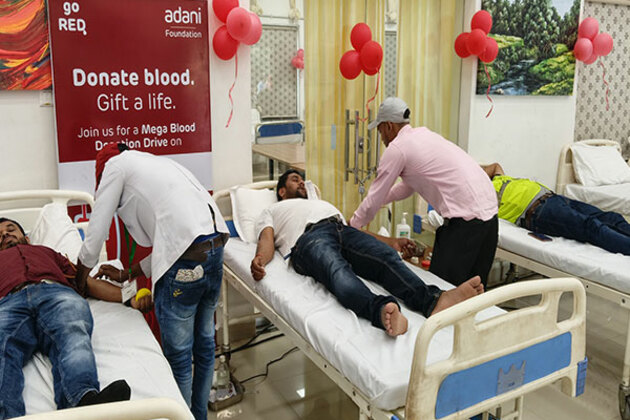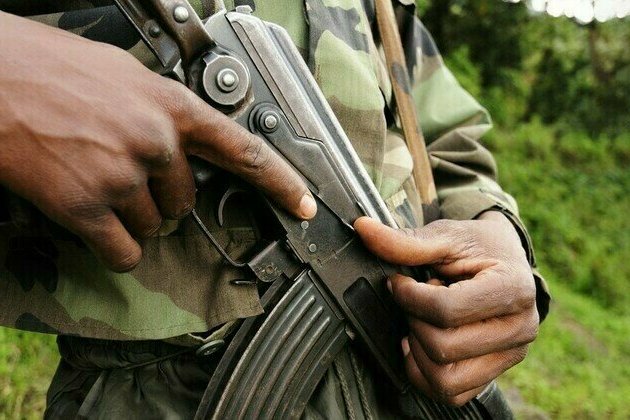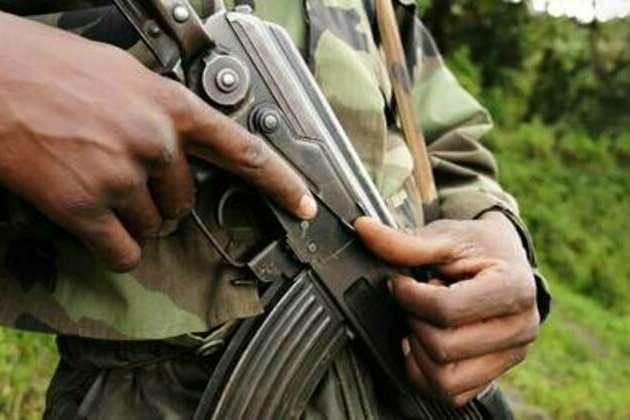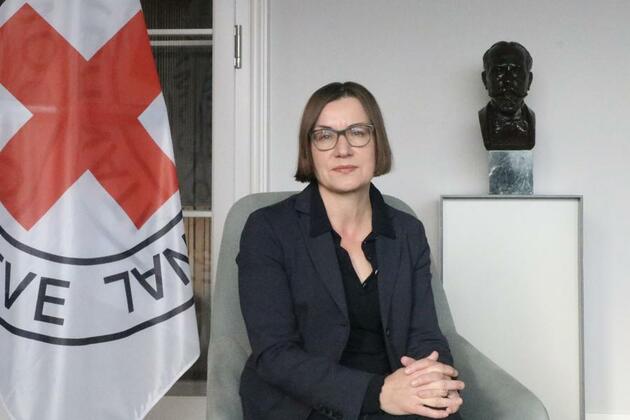Turkey is stepping up its influence in west Africa - what's behind its bid for soft power
The Conversation
24 Jun 2025, 15:07 GMT+10
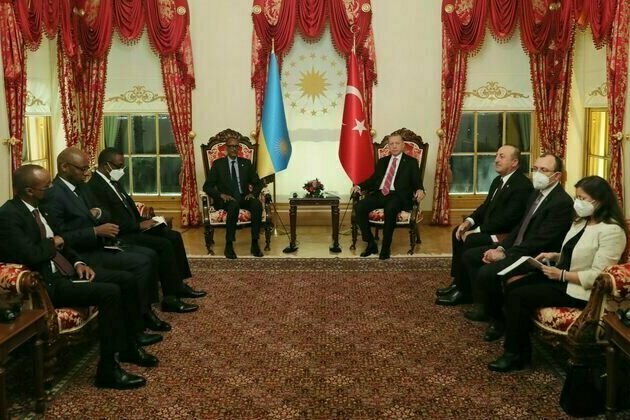
Turkey is stepping up its influence in west Africa as the geopolitical and economic landscape in the region shifts. In Senegal, the state-owned Turkish Petroleum Corporation has entered a key partnership in the oil and gas sector. Meanwhile, Karpowership, a company providing electricity via floating power plants, now supplies energy to eight African countries. But Turkey's not stopping there. As part of its soft power strategy, it is also winning hearts and minds through education and culture while deepening trade and security ties.
Historian Issouf Binate, who has studied Turkey's growing presence in west Africa, breaks down how Ankara is positioning itself as an alternative to both former colonial powers and newer global players competing for influence on the continent.
Turkey's foreign policy in west Africa leans on two main pillars.
One is institutional power, driven by state-backed agencies (embassies, the religious affairs directorate Diyanet, and the economic cooperation agency (TIKA) .
The other is more grassroots, led by non-state actors such as religious foundations and NGOs.
These groups laid the groundwork for Turkey's African expansion long before Ankara officially stepped in.
A key player in Turkey's earlier outreach was the Glen movement, named after preacher Fethullah Glen (1941-2024). The Glen movement pioneered Turkey's soft power approach with "Turkish schools", starting with the Yavuz Sultan Selim and Yavuz Selim-Bosphore high schools in Dakar in 1997.
Also at the end of the 1990s a network composed of Turkish business leaders and social activists under the Turkish Confederation of Businessmen and Industrialists, which claimed over 100,000 member companies, expanded Turkey's influence across Africa. At that time, Turkey had only three diplomatic representations for the whole of sub-Saharan Africa.
The more recent contact with Africa comes at a time when western hegemony faces growing criticism from a new generation of Africans engaged in decolonial movements. Glen-affiliated institutions now number 113, alongside religious and secular schools run by other groups like Mahmud Hudayi Vakfi and Hayrat Vakfi. Since the 2016 political rift between Glen and President Recep Tayyip Erdoan, these schools were gradually transferred to Maarif Foundation, Turkey's state-run overseas education arm.
Back in 2003, Turkey had only 12 diplomatic missions across Africa. Today, that number has grown to 44, bolstered by Turkish religious foundations (like Mahmud Hudayi Vakfi and Hayrat Vakfi), NGOs, and entrepreneurs who have filled the gap left by the Glen movement.
Another powerful player in Turkey's Africa strategy is Turkish Airlines, now one of the top carriers on the continent. It is now flying to 62 airports in 41 African countries.
By investing in education, Turkey didn't just open its doors to African students. It also planted the seeds for a long-term influence strategy. These students, and more broadly young African migrants trained in Turkey, are now among the key messengers of "Turkishness" back home.
In doing so, Ankara is following a familiar path once used by colonial powers. They used student mobility as a powerful tool for their diplomacy.
This policy of openness took several forms. As early as 1960, it welcomed students from non-self-governing territories in accordance with UN General Assembly resolutions.
Then, in the 1990s, Turkey continued this effort through a scholarship programme for African students, supported by the Islamic Development Bank. During this period, Turkey launched the Byk renci Projesi (Great Student Project), which provided scholarships to international students.
Starting in 2012, this programme was re-branded as YTB (Yurtd Trkler ve Akraba Topluluklar Bakanl, or Directorate for Turks Abroad and Related Communities). It introduced reforms, including a digital application process for scholarships via an app on the YTB website. This shift caused a dramatic spike in interest. Applications soared from 10,000 to 155,000 between 2012 and 2020.
For non-scholarship students, Turkey simplified visa processes, reduced tuition fees, and offered other incentives. These measures contributed to a significant increase in the number of applicants to study in Turkey. As the number of universities in Turkey jumped from 76 to 193 between 2003 and 2015, the country became increasingly attractive.
By 2017, Turkey had become the 13th most popular destination for students from sub-Saharan Africa, according to Campus France (a platform that supports international students studying in France). By 2019, there were an estimated 61,000 African students studying in Turkey.
Now, nearly three decades into this strategy, many of these former students are stepping into new roles. They are taking over from Turkish entrepreneurs in fostering socioeconomic ties with Africa. They also act as bridges, promoting Turkish universities and supporting visitors in areas like medical and industrial tourism.
In Istanbul, some run cargo companies - some of them informal - that ship goods to Africa. Others are working to formalise these ventures and build long-term economic bridges. Groups like Bizim Afrika, a network of African Turkish-speakers, and the Federation of African Students in Turkey (founded in 2019), are playing key roles in shaping this next chapter of Turkey-Africa relations.
In substance, Turkey's strategy isn't so different from that of France or China. It also carries traces of colonial thinking, even though its approach leans more on religious soft power like building mosques across Africa. Unlike France, which used force in its colonial past, Turkey is trying to gain influence through other means. It uses familiar tools: embassies, schools, cinema, security services, and development agencies.
However, Turkey has learned from the criticism faced by western powers at a pivotal moment in Africa's global relations.
While access to Europe, the US and Canada has become more difficult due to stricter visa rules, Turkey has opened its doors. It eased visa procedures for African business people, expanded its universities, and promoted medical tourism.
Turkey has become a hub for several sectors. It's a major centre for nose surgery (rhinoplasty), hair transplants, and textiles. Its textile industry now supplies traders at Makola Market in Accra, Adjame's Forum in Cote d'Ivoire, and the Grand Marche in Bamako.
Turkey has also capitalised on the security crisis in the Sahel, where France's military presence has become controversial. It stepped in by selling Bayraktar TB2 drones and offering private security services to some governments.
Turkey's presence in Africa is now visible in several symbolic ways. You can see it in Maarif schools, murals at Abidjan airport, the "Le Istanbul" restaurant in Niamey's government district, or the National Mosque in Accra, modelled after Istanbul's Blue Mosque.
Turkey's engagement is a work in progress. But its outreach to Africa is already yielding results. Trade volume reached US$40.7 billion in 2022. The return of the first waves of African students trained in Turkey has shifted the dynamic. Cooperation no longer relies solely on Turkish business people and social entrepreneurs.
Even though African elites often speak English, French or Arabic, new voices are emerging. Young people trained in Turkey are beginning to find their place. Many work in import-export, construction, and even Islamic religious leadership. This trend points to promising prospects for long-term ties.
For Turkey, Africa represents a continent with major economic opportunities. Becoming a trusted partner is now a key goal. On the diplomatic level, Turkey gained observer status at the African Union in 2005 and has hosted Turkey-Africa summits in Istanbul since 2008.
This growing involvement suggests that Turkey's role in Africa is likely to last. It will depend on the continent's market needs, especially at a time when many African countries are rethinking their relationships with traditional western powers and international institutions.
 Share
Share
 Tweet
Tweet
 Share
Share
 Flip
Flip
 Email
Email
Watch latest videos
Subscribe and Follow
Get a daily dose of Johannesburg Life news through our daily email, its complimentary and keeps you fully up to date with world and business news as well.
News RELEASES
Publish news of your business, community or sports group, personnel appointments, major event and more by submitting a news release to Johannesburg Life.
More InformationInternational
SectionMultiple Israeli troops die as armored personnel carrier is blown up in Gaza
KHAN YOUNIS, Gaza - Seven Israeli soldiers were killed in a large explosion in southern Gaza's Khan Younis area on Tuesday night,...
Khamenei remains in hiding as clerics fast-track succession plans
DUBAI, U.A.E.: Iran's top clerics are quietly accelerating succession plans for Supreme Leader Ayatollah Ali Khamenei, who was threatened...
Monsoon floods batter China, raising climate concerns
BEIJING, China: Extreme weather is once again testing China's resilience, as intensifying monsoon rains trigger floods across major...
UK and France issue heat warnings as temperatures climb
LONDON/PARIS: British and French authorities have warned people to stay safe as an early summer heat wave brings unusually high temperatures...
Muslim bloc calls on Israel to sign Nuclear Non-Proliferation treaty
ANKARA, Turkey: Amid rising tensions in the Middle East, the Organisation of Islamic Cooperation (OIC) announced it would form a new...
Trump goes on social media to announce Israel-Iran ceaeefire
WASHINGTON DC, - U.S. President Donald Trump has claimed a ceasefire has been reached between Israel and Iran. He made the claim on...
Africa
SectionZIMBABWE-CHINA-AFRICA TRADE-INTERVIEW
(250625) -- BULAWAYO, June 25, 2025 (Xinhua) -- A trader from Zimbabwe showcases leather products at a trade fair in Bulawayo, Zimbabwe,...
Adani Foundation honours Gautam Adani's 63rd birthday with record-breaking blood donation drive
Ahmedabad (Gujarat) [India], June 25 (ANI): To commemorate the 63rd birthday of Group Chairman Gautam Adani on June 24, the Adani Foundation--the...
Drunken Congolese soldier kills colleagues in altercation media
The shooting in the war-torn African country reportedly left two servicemen dead on the spot, while three others died later of their...
'Drunken' Congolese soldier kills colleagues in altercation - media
The shooting in the war-torn African country reportedly left two servicemen dead on the spot, while three others died later of their...
Interview: ICRC head marks 20 years of cooperation with China, citing strong partnership
ICRC praised China's strong partnership in promoting international humanitarian law over 20 years of cooperation, while warning of...
TikTok named Kenyas top misinformation platform report
A majority of survey respondents have said the app spreads false content, according to Reuters TikTok has become the top source of...

